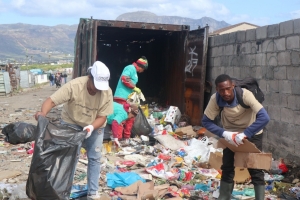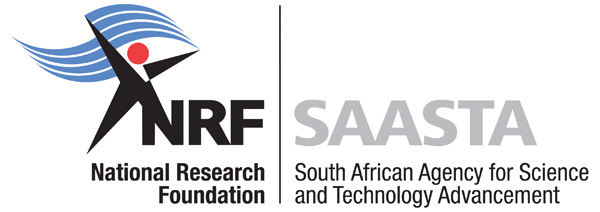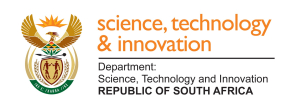NRF-SAASTA and UCT joined forces with stakeholders for Clean-Up Project in Vrygrond, Western Cape
6 November 2023

NRF-SAASTA, University of Cape Town, The One Health Innovation Group, TEARS, Afripaws, Checkers and the community
In a remarkable initiative that transcends the excitement of the Rugby World Cup, the NRF-SAASTA, University of Cape Town (UCT) joined forces with The One Health Innovation Group, TEARS, Afripaws, and Checkers through the DSI-funded science shop project on Saturday, 28 October 2023, for a transformative clean-up project in Vrygrond, Western Cape.
Led by Prof Landon Myer, Dr Isabel Meyer, and Ms Mandy Store, the Co-investigator from the community, the project aimed to address the long-standing issue of environmental cleanliness in Capricorn, reputedly the oldest informal settlement in the Western Cape. Also known as Vrygrond, meaning “Free Ground,” the settlement has a rich history dating back to its establishment by Trek fishermen.
Expressing their dissatisfaction with the dirt surrounding the area and its impact on their health, the community welcomed the collaborative effort that saw UCT leveraging its expertise in community-based research projects focused on One Welfare/One Health. This systematic approach seeks integrated solutions for sustained impact in resource-poor communities.
The initiative is part of UCT’s two-year effort to develop a portfolio of community-based research projects, aligning with the One Welfare/One Health framework. In collaboration with TEARS, the project aims to understand and address community perspectives on animal health and welfare, recognising the interconnectedness with human health and welfare.
The community based co-investigator highlighted the complex and systemic nature of animal health and welfare challenges, emphasising the need for integrative approaches. The collaboration with TEARS and UCT’s School of Public Health and Family Medicine aims to co-create solutions for pressing issues such as companion animal care, stray animals, and animal cruelty.
The project’s problem statement emphasises the limited engagement of communities in operationalising One Health/One Welfare approaches in resource-poor communities. The research question seeks to explore how a systemic approach can guide the development of community driven solutions to key challenges. The impact statement underscores the expected benefits for the community, including raising awareness of the health and welfare impacts of human-animal interactions, co-creating solutions to welfare challenges, and creating income opportunities and skills development through surveys.
As the clean-up project unfolds, UCT envisions producing valuable knowledge products, including a framework specific to enhancing One Welfare/One Health in resource-constrained communities, presented as an academic article, a toolkit/roadmap for community practitioners, and a Master’s thesis developing a process impact model for NGOs in resource-constrained communities. This collaborative effort, grounded in community engagement and research, showcases the power of academia, NGOs, and local communities coming together to address pressing challenges, leaving a lasting impact on both human and animal welfare.

 The South Africa Agency for Science and Technology Advancement (SAASTA) is a business unit of the
The South Africa Agency for Science and Technology Advancement (SAASTA) is a business unit of the 